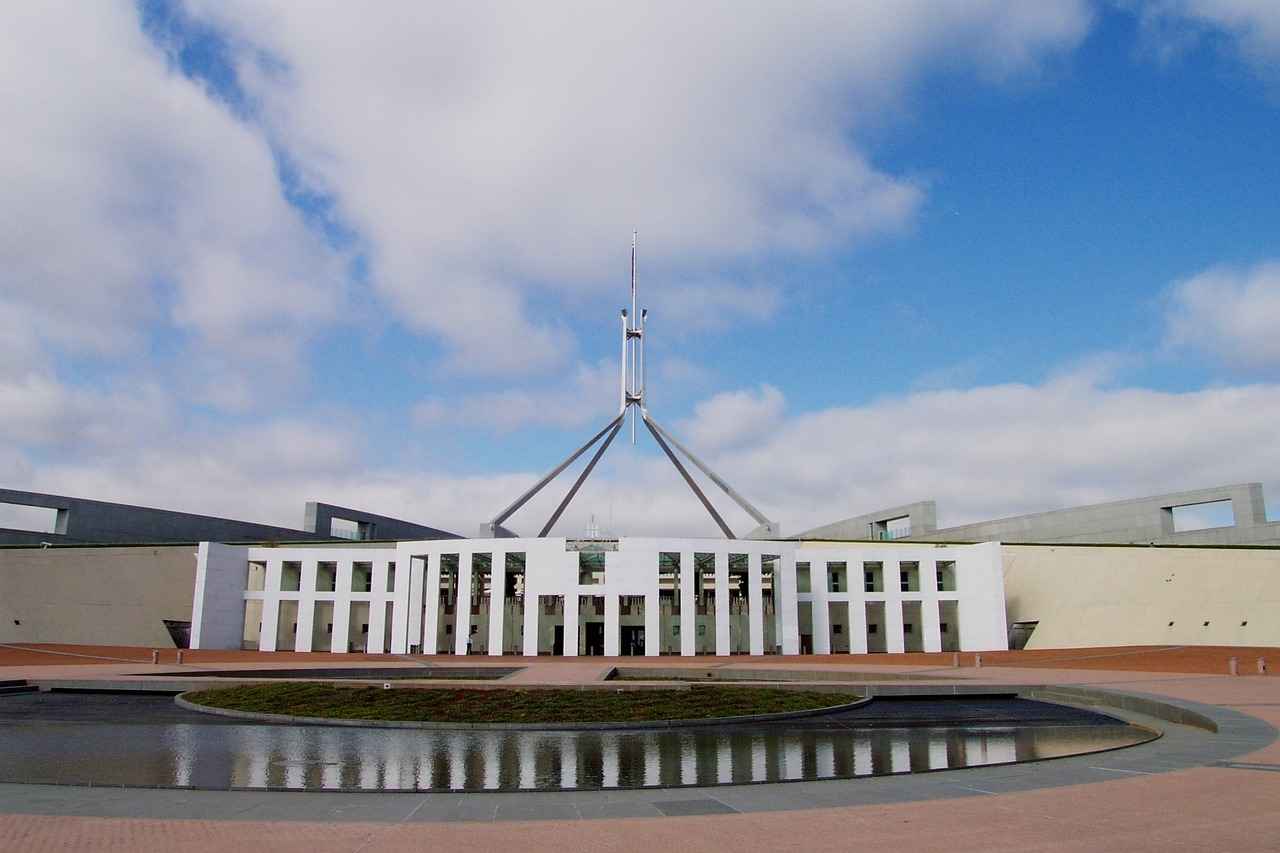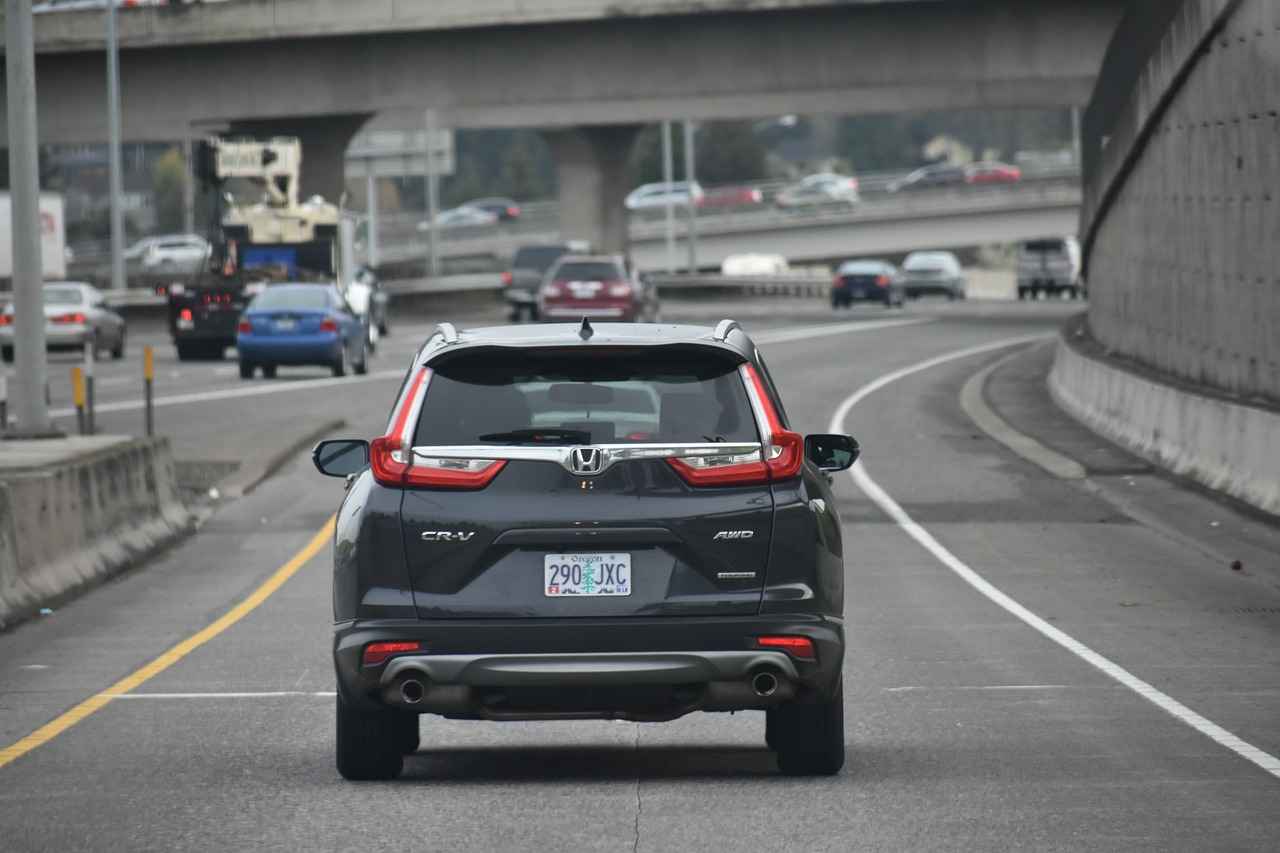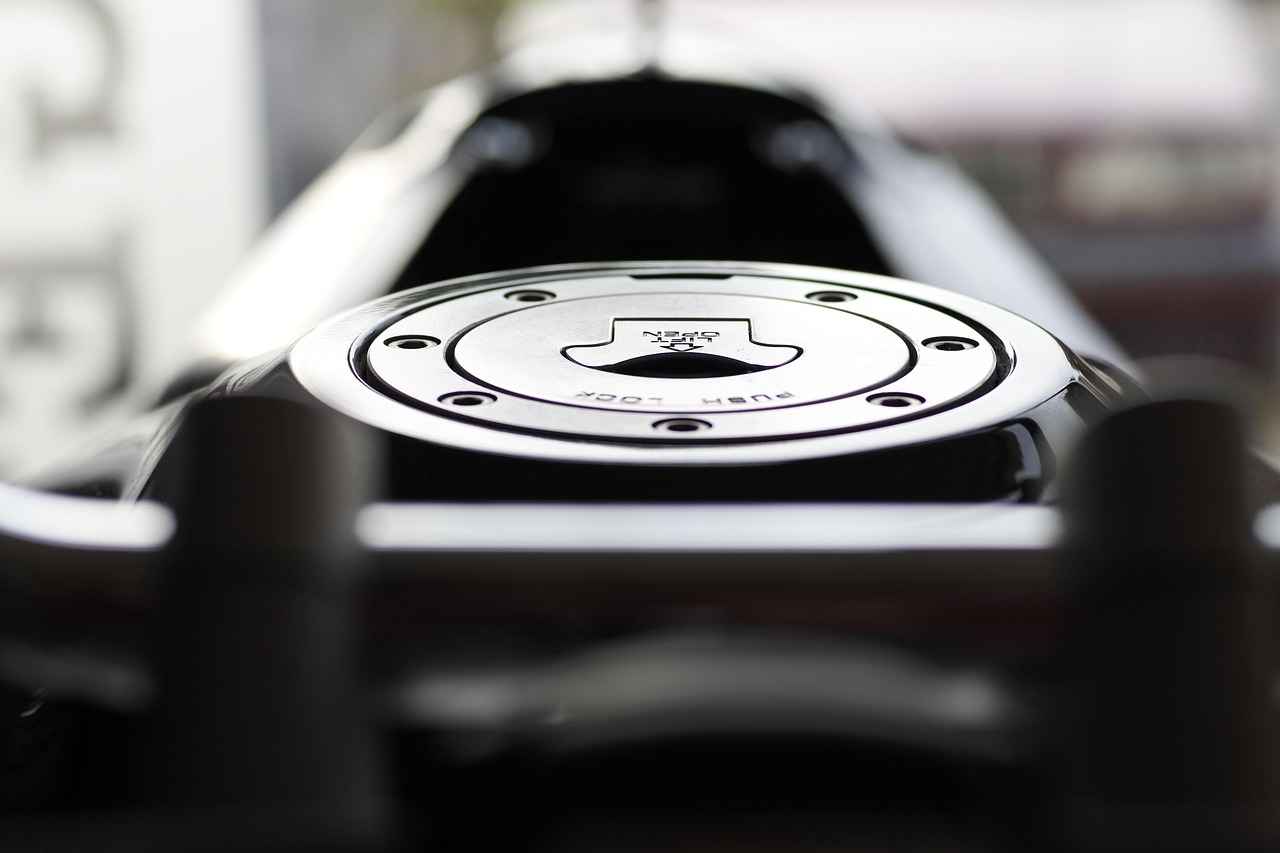This article delves into the enduring appeal of the 2008 Honda Civic Si, a vehicle that continues to capture the hearts of car enthusiasts. By examining its performance, design, reliability, and cultural impact, we uncover the reasons behind its lasting popularity.
Performance and Handling
The 2008 Honda Civic Si is celebrated for its spirited performance and agile handling. Drivers who crave an engaging experience will find that this compact car delivers on all fronts. The Civic Si is not just a mode of transportation; it’s a vehicle that invites spirited driving.
Engine Specifications
At the heart of the Civic Si lies a robust 2.0-liter inline-four engine, engineered for responsiveness and vitality. This powertrain showcases Honda’s commitment to performance, making it a standout in its class.
- Power Output: With 197 horsepower, the Civic Si offers exhilarating acceleration, making every drive an adventure.
- Torque and Responsiveness: The engine’s torque curve ensures a lively performance, whether navigating city streets or cruising on highways.
- Rev-Matching Technology: This feature enhances the driving experience, allowing for seamless gear transitions.
Transmission Options
The Civic Si is equipped with a close-ratio six-speed manual transmission, providing precise gear shifts that elevate driving engagement.
Design and Aesthetics
The sleek and sporty design of the 2008 Civic Si is another aspect of its appeal. Its aggressive aesthetic, combined with functional features, makes it a visually striking vehicle.
- Exterior Features: The distinctive front fascia and sporty rear spoiler set it apart in a crowded market.
- Interior Comfort and Features: Inside, the Civic Si boasts a driver-focused cockpit with quality materials, ensuring comfort during both daily commutes and spirited drives.
Reliability and Maintenance
The 2008 Civic Si exemplifies Honda’s reputation for reliability. Owners appreciate the low maintenance costs and long-term durability, key factors for any vehicle’s longevity.
- Owner Satisfaction: Many owners report high satisfaction levels, attributing their experiences to Honda’s commitment to quality.
- Maintenance Costs: Generally low, making it an economical choice for those seeking a fun yet practical vehicle.
Cultural Impact and Community
The 2008 Honda Civic Si has fostered a dedicated community of enthusiasts, solidifying its cultural significance in automotive history. This sense of community ensures that the Civic Si remains a beloved performance compact for years to come.

Performance and Handling
The 2008 Honda Civic Si is a vehicle that has captured the hearts of driving enthusiasts around the world. Its spirited performance and agile handling make it a standout choice for those who crave an engaging driving experience. Let’s delve deeper into what makes this model a timeless favorite.
The Civic Si is not just about speed; it embodies a perfect blend of power and precision. The car’s responsive steering and well-tuned suspension create a driving experience that feels both exhilarating and controlled. Whether navigating tight corners or cruising on the highway, the Civic Si delivers a sense of confidence that few compact cars can match.
| Feature | Description |
|---|---|
| Engine | 2.0-liter inline-four |
| Horsepower | 197 hp |
| Transmission | 6-speed manual |
Equipped with a robust 2.0-liter inline-four engine, the Civic Si produces an impressive 197 horsepower and a torque curve that ensures thrilling acceleration. This powertrain showcases Honda’s engineering excellence, providing a responsive and lively performance that is hard to match in its class.
- Quick Acceleration: The Civic Si’s power allows for rapid speed increases, making it ideal for spirited driving.
- Dynamic Performance: It handles well on various terrains, from winding roads to open highways.
- Rev-Matching Technology: This feature enhances gear transitions, giving drivers a smoother experience.
Moreover, the close-ratio six-speed manual transmission enhances the overall driving engagement, allowing enthusiasts to feel every shift and turn. This combination of power and precision makes the 2008 Honda Civic Si a true driver’s car, appealing to those who appreciate the art of driving.

Engine Specifications
The 2008 Honda Civic Si is a remarkable vehicle that has captured the hearts of many automotive enthusiasts. One of the standout features of this model is its impressive , which play a crucial role in delivering an exhilarating driving experience. Let’s delve deeper into the specifics of this powerful engine.
At the heart of the Civic Si lies a 2.0-liter inline-four engine that exemplifies Honda’s commitment to performance and efficiency. This engine is engineered to produce a remarkable 197 horsepower and 139 lb-ft of torque, making it a true contender in the compact car segment.
The Civic Si’s engine provides a thrilling driving experience, allowing for rapid acceleration and responsiveness. With its high-revving nature, drivers can enjoy a dynamic performance that is both engaging and fun, whether navigating city streets or tackling winding roads.
The torque curve of the Civic Si’s engine is designed to offer excellent responsiveness. This ensures that the vehicle remains lively and agile, whether in stop-and-go traffic or during highway cruising. The engine’s ability to deliver power seamlessly enhances the overall driving experience.
Another notable feature is the rev-matching technology, which allows for smoother gear transitions. This technology not only improves the driving experience but also fosters a stronger connection between the driver and the vehicle, making each drive more enjoyable.
The 2008 Civic Si is equipped with a close-ratio six-speed manual transmission. This transmission is designed for precision and enhances the overall driving engagement, allowing drivers to feel more in control of their vehicle. The close ratios ensure that the engine stays within its optimal power band, maximizing performance.
In summary, the engine specifications of the 2008 Honda Civic Si highlight Honda’s engineering excellence. With a potent engine, responsive torque, and advanced transmission options, this model continues to be a favorite among driving enthusiasts.
Power Output
The 2008 Honda Civic Si is a standout in the compact car segment, particularly when it comes to performance. One of its most impressive features is its , which delivers an exhilarating driving experience that captivates enthusiasts and casual drivers alike.
With a robust 197 horsepower at its disposal, the Civic Si is engineered to provide quick acceleration and a responsive feel on the road. This power allows drivers to experience a thrilling ride, whether navigating city streets or tackling winding country roads. The engine’s performance is not just about raw numbers; it translates into an engaging driving experience that is hard to replicate.
The Civic Si’s 2.0-liter inline-four engine is designed with performance in mind. It features a high-revving nature that encourages drivers to push the limits, making every drive feel like an adventure. The engine’s torque curve is equally impressive, ensuring that power is readily available across a wide range of RPMs. This characteristic is particularly beneficial for those who enjoy spirited driving, as it allows for seamless acceleration and overtaking maneuvers.
Moreover, the rev-matching technology integrated into the Civic Si enhances the driving experience by allowing for smoother gear transitions. This feature not only aids in maintaining speed during downshifts but also provides a more connected feel between the driver and the vehicle. As a result, the Civic Si becomes more than just a mode of transportation; it evolves into a true extension of the driver’s intentions.
In summary, the of the 2008 Honda Civic Si is a defining aspect of its character, offering a blend of excitement, responsiveness, and reliability. This model continues to resonate with those who seek an engaging driving experience, ensuring its place as a beloved choice among performance-oriented compact cars.
Torque and Responsiveness
The 2008 Honda Civic Si is celebrated for its exceptional performance attributes, particularly in terms of . This vehicle’s engine is engineered to deliver a torque curve that not only enhances acceleration but also ensures a lively driving experience in various conditions. The Civic Si’s 2.0-liter inline-four engine produces a remarkable amount of torque, which translates to quick throttle response and a feeling of connectedness between the driver and the road.
One of the standout features of the Civic Si is its ability to maintain excellent responsiveness during both city driving and highway cruising. Whether navigating through busy urban streets or accelerating on the open highway, the Civic Si remains agile and lively, appealing to a broad spectrum of drivers. This versatility makes it an ideal choice for those who appreciate a dynamic driving experience without sacrificing comfort.
Furthermore, the Civic Si’s torque delivery is finely tuned to provide power at various RPMs, which enhances its drivability. Drivers can expect a smooth transition from low to high speeds, allowing for confident overtaking and merging maneuvers. This characteristic is particularly beneficial in city environments, where quick bursts of acceleration are often required.
Additionally, the integration of rev-matching technology in the Civic Si further amplifies its responsiveness. This feature allows for seamless gear shifts, ensuring that the engine remains in its optimal power band during acceleration. As a result, the driving experience becomes more engaging, allowing enthusiasts to fully appreciate the car’s performance capabilities.
In summary, the torque curve of the 2008 Honda Civic Si is a key element that enhances its overall performance. By providing excellent responsiveness and a thrilling driving experience, it continues to captivate drivers who seek both excitement and practicality in their vehicles.
Rev-Matching Technology
The in the 2008 Honda Civic Si is a significant feature that enhances the overall driving experience. This advanced system automatically adjusts the engine speed during downshifts, allowing for seamless gear transitions. Such a feature not only improves the responsiveness of the vehicle but also contributes to a more engaging interaction between the driver and the car.
When a driver downshifts, the rev-matching system momentarily raises the engine RPM to match the speed of the wheels. This process minimizes the abruptness typically associated with gear changes, resulting in a smoother transition. The effect is particularly noticeable during spirited driving, where precision and control are paramount.
Moreover, this technology fosters a deeper connection between the driver and the vehicle. Enthusiasts often describe the experience as being more intuitive, as the car feels more responsive to the driver’s inputs. This connection is crucial for those who seek not just transportation, but a thrilling driving experience.
In terms of performance, the rev-matching feature enhances the Civic Si’s agility. It allows drivers to maintain momentum through corners, providing confidence in their handling capabilities. The system encourages drivers to explore the limits of their vehicle without the fear of losing control during downshifts.
In addition, the integration of rev-matching technology aligns with the Civic Si’s sporty character. It complements the close-ratio six-speed manual transmission, making every shift feel purposeful and rewarding. For many, this aspect of the driving experience is what sets the Civic Si apart from its competitors in the compact performance segment.
Overall, the rev-matching feature is more than just a technical enhancement; it is a vital component that elevates the driving experience, ensuring that the 2008 Honda Civic Si remains a beloved choice among car enthusiasts.
Transmission Options
The 2008 Honda Civic Si is a standout in the compact car segment, particularly due to its exceptional . One of the most notable features is its close-ratio six-speed manual transmission, which significantly enhances the driving experience for enthusiasts and casual drivers alike.
This transmission is engineered for precision, allowing for quick and accurate gear shifts that contribute to the overall performance of the vehicle. The close-ratio design means that the gears are spaced closely together, which helps maintain engine RPM within an optimal range during acceleration. This feature not only maximizes power delivery but also ensures that the driver remains engaged with the vehicle, making every drive feel exhilarating.
- Enhanced Driving Engagement: The tactile feedback from the manual transmission creates a more connected driving experience, allowing drivers to feel every shift and turn.
- Precision Engineering: Honda’s reputation for quality is evident in the transmission’s design, which minimizes slippage and maximizes efficiency.
- Driver Control: The six-speed manual allows for greater control over the vehicle’s power, making it easier to navigate through both city streets and winding roads.
Additionally, the rev-matching technology integrated into the Civic Si further enhances the driving experience. This feature automatically adjusts the engine speed during downshifts, ensuring smoother transitions and reducing the likelihood of losing momentum during gear changes. This level of precision not only improves performance but also instills confidence in the driver, making it an ideal choice for both seasoned enthusiasts and those new to manual driving.
In summary, the in the 2008 Honda Civic Si are a testament to Honda’s commitment to performance and driver satisfaction. The close-ratio six-speed manual transmission, combined with advanced features like rev-matching, creates a driving experience that is both engaging and enjoyable, solidifying the Civic Si’s status as a beloved choice among car enthusiasts.

Design and Aesthetics
The design and aesthetics of the 2008 Honda Civic Si are pivotal to its enduring popularity. This model showcases a fusion of style and performance that resonates with both casual drivers and enthusiasts alike. From its aerodynamic silhouette to its aggressive stance, the Civic Si is a visual representation of Honda’s commitment to innovation and engineering excellence.
The 2008 Civic Si features a bold front grille and sharp headlights that create a striking first impression. Its wide body and sculpted sides not only enhance aerodynamics but also give it a muscular look that stands out in any setting. The addition of a rear spoiler and dual exhaust tips further accentuates its sporty character, making it instantly recognizable on the road.
Honda offered a variety of vibrant color options for the Civic Si, allowing owners to express their individuality. Popular choices like Habanero Red and Sunset Orange add to the car’s sporty appeal, while more subdued colors cater to those who prefer a classic look. This level of customization contributes to the Civic Si’s personal connection with its drivers.
Inside, the 2008 Civic Si continues its sporty theme with a driver-focused cockpit. High-quality materials and modern technology create an inviting atmosphere. The sport seats provide excellent support during spirited driving, while features like a premium audio system and navigation enhance the overall driving experience. The layout is intuitive, ensuring that all controls are easily accessible without distracting the driver.
The combination of aggressive aesthetics and functional design not only makes the 2008 Civic Si visually appealing but also ensures it remains relevant in today’s automotive landscape. Its ability to blend practicality with performance-oriented features is a testament to Honda’s engineering prowess. This timeless design continues to attract attention, solidifying the Civic Si’s status as a beloved icon in the compact car segment.
Exterior Features
The 2008 Honda Civic Si is not just a car; it’s a statement on wheels. Its distinctive front fascia, characterized by bold lines and an aggressive grille, captures attention from the moment it hits the road. This design element not only enhances the vehicle’s aesthetic appeal but also contributes to its aerodynamic efficiency, a crucial factor for performance-oriented driving.
One of the standout features of the Civic Si is its aggressive stance, which is accentuated by a wider track and lower ride height compared to standard models. This design choice not only gives the car a sporty appearance but also improves handling dynamics, allowing for better cornering and stability at higher speeds.
The sporty rear spoiler is another significant aspect of the Civic Si’s exterior. It not only adds to the car’s aggressive look but also serves a functional purpose by enhancing downforce and stability at speed. This attention to detail showcases Honda’s commitment to blending form and function in their designs.
In addition to these features, the Civic Si is available in a variety of striking colors, allowing drivers to express their individuality. The combination of its eye-catching exterior elements makes the Civic Si a standout choice in a crowded market of compact cars.
Furthermore, the overall build quality and attention to detail in the Civic Si’s exterior design reflect Honda’s dedication to producing vehicles that are both visually appealing and durable. From the sleek lines to the carefully crafted details, every aspect of the exterior contributes to the car’s lasting appeal.
In summary, the 2008 Honda Civic Si delivers an exterior that is not only visually stunning but also engineered for performance, making it a top contender in the compact car segment.
Interior Comfort and Features
The 2008 Honda Civic Si is not just about performance; it also excels in providing a comfortable and technologically advanced interior. This model is designed with the driver in mind, ensuring that every journey—whether it’s a daily commute or a weekend drive—feels engaging and enjoyable.
At the heart of the Civic Si’s interior is a driver-focused cockpit that combines quality materials with modern technology. The layout is intuitive, allowing drivers to easily access controls without taking their eyes off the road. This attention to detail enhances the overall driving experience, making it both practical and exhilarating.
| Feature | Description |
|---|---|
| Seating | The Civic Si features sport seats that provide excellent support during spirited driving, ensuring comfort even on longer trips. |
| Infotainment System | Equipped with a modern audio system, it includes features like Bluetooth connectivity and an available navigation system, keeping you connected on the go. |
| Climate Control | The dual-zone climate control system allows both driver and passengers to set their preferred temperatures, enhancing comfort for everyone in the vehicle. |
Furthermore, the interior design emphasizes a sporty aesthetic, with accents that reflect the car’s performance-oriented nature. The dashboard layout is sleek and modern, featuring a mix of analog and digital displays that provide essential information at a glance. This combination of style and functionality ensures that drivers can focus on the road ahead while enjoying an engaging environment.
In summary, the 2008 Honda Civic Si offers a well-rounded interior that prioritizes both comfort and technology. This balance makes it a standout choice for those who appreciate a spirited driving experience without sacrificing daily usability.

Reliability and Maintenance
The 2008 Honda Civic Si is a testament to Honda’s commitment to producing vehicles that are not only enjoyable to drive but also reliable and durable. This model exemplifies why Honda has earned a reputation for excellence in the automotive industry. Owners can rest easy knowing that their Civic Si is built to withstand the test of time.
One of the standout features of the 2008 Civic Si is its remarkable reliability. Honda’s engineering team has meticulously designed this vehicle to ensure that it remains dependable for years to come. This reliability translates into peace of mind for owners, as they can trust their vehicle to perform consistently without frequent repairs.
Many owners of the 2008 Civic Si report high levels of satisfaction, crediting its dependability to Honda’s rigorous manufacturing standards. The combination of quality materials and innovative engineering results in a vehicle that not only performs well but also stands up to daily wear and tear.
In addition to its reliability, the 2008 Civic Si boasts low maintenance costs, making it an economical choice for car enthusiasts. Routine maintenance is straightforward and affordable, allowing owners to keep their vehicles in top condition without breaking the bank. This aspect is particularly appealing to those who desire a fun yet practical vehicle.
The long-term durability of the Civic Si is further evidenced by its strong resale value. Many owners find that their vehicles retain a significant portion of their value over the years, a clear indication of Honda’s commitment to quality. This durability not only enhances the ownership experience but also makes the Civic Si a smart investment for the future.
In summary, the 2008 Honda Civic Si exemplifies what it means to be a reliable vehicle. With its low maintenance costs, high owner satisfaction, and impressive long-term durability, it stands as a prime example of Honda’s engineering excellence.
Owner Satisfaction
The 2008 Honda Civic Si is not just a car; it represents a lifestyle choice for many of its owners. One of the most significant aspects that contribute to its enduring popularity is the **high level of owner satisfaction** reported by those who drive it. This satisfaction can be attributed to a variety of factors that highlight Honda’s commitment to excellence.
Many Civic Si owners express their contentment with the vehicle’s **exceptional reliability**. This reliability stems from Honda’s renowned engineering practices and rigorous quality control measures. The Civic Si is built to last, and this durability gives owners the confidence to take it on long drives or daily commutes without the constant worry of breakdowns.
- Quality Manufacturing: Honda’s dedication to quality is evident in every aspect of the Civic Si, from its robust engine to its well-designed interior.
- Longevity: Many owners report driving their Civic Si for well over a decade, showcasing its ability to withstand the test of time.
- Low Maintenance Costs: The maintenance expenses for the Civic Si are generally lower compared to other performance vehicles, making it an attractive option for budget-conscious drivers.
Furthermore, the community surrounding the Civic Si plays a crucial role in enhancing owner satisfaction. Enthusiasts often share tips, modifications, and experiences, creating a sense of belonging. This community fosters a culture of pride among owners, who often personalize their vehicles to reflect their unique styles and preferences.
In addition, many owners appreciate the **resale value** of the Civic Si. Due to its reputation for reliability and performance, the car retains its value well, making it a wise investment for those considering future upgrades or changes.
Overall, the combination of Honda’s meticulous engineering, low maintenance costs, and a vibrant community contributes significantly to the **high levels of satisfaction** reported by Civic Si owners. This satisfaction is not just about the car itself; it’s about the lifestyle and community that comes with it.
Maintenance Costs
The 2008 Honda Civic Si is not only celebrated for its performance and design but also for its affordable maintenance costs. This aspect makes it a standout choice for individuals seeking a fun yet practical vehicle. In this section, we will explore the various factors contributing to its low maintenance expenses.
When considering a vehicle, potential owners often prioritize as a significant factor. The Civic Si is known for its reliable engineering and durable components, which contribute to its overall affordability in terms of upkeep. This reliability means fewer unexpected repairs and a lower frequency of necessary maintenance.
- Oil Changes: Regular oil changes are essential for engine health, and the Civic Si’s engine is designed to use conventional oil, which is generally less expensive than synthetic options.
- Tire Rotation: Routine tire rotations help enhance tire life, and the cost is minimal compared to other vehicles in its class.
- Brake Pads: The Civic Si’s braking system is efficient, and replacement brake pads are affordable, contributing to lower long-term costs.
The availability of affordable parts is another factor that keeps maintenance costs low. Since the Civic Si is a popular model, many aftermarket and OEM parts are readily available, often at competitive prices. This accessibility allows owners to choose cost-effective options without compromising quality.
Honda’s reputation for building long-lasting vehicles is exemplified in the Civic Si. Many owners report driving their cars well beyond the typical lifespan, which ultimately reduces the overall cost of ownership. A vehicle that lasts longer means fewer replacement costs and a better return on investment.
In summary, the 2008 Honda Civic Si is an economical choice due to its low maintenance costs, reliable performance, and the availability of affordable parts. This combination of factors makes it an attractive option for those looking to enjoy a spirited driving experience without breaking the bank.

Cultural Impact and Community
The 2008 Honda Civic Si has not only made a mark in the automotive world due to its performance and design but has also fostered a vibrant community of enthusiasts. This dedicated following has significantly contributed to the vehicle’s lasting cultural impact, ensuring that it remains a beloved icon in the compact performance segment.
One of the key aspects of the Civic Si’s cultural significance is its ability to bring together a diverse group of car enthusiasts. From weekend racers to casual drivers, the Civic Si appeals to a wide audience, creating a sense of camaraderie among its owners. This community often gathers at car meets, online forums, and social media platforms, sharing tips, modifications, and experiences that enhance the ownership journey.
- Online Communities: Websites and forums dedicated to the Civic Si allow enthusiasts to connect, exchange knowledge, and showcase their vehicles. These platforms serve as a hub for discussions about performance upgrades, maintenance tips, and personal stories.
- Car Meets and Events: Enthusiasts often organize local car meets where they can display their modified Civics, share their passion, and network with fellow fans. These events foster a strong sense of community and help to keep the Civic Si culture alive.
- Social Media Presence: Platforms like Instagram and Facebook have become essential for Civic Si owners to showcase their cars, share modifications, and connect with others who share their enthusiasm. Hashtags like #CivicSi and #HondaNation help to unite fans worldwide.
The 2008 Honda Civic Si’s cultural impact is also evident in its presence in various automotive events and competitions. The car is often featured in racing events, tuning competitions, and showcases, highlighting its performance capabilities and the creativity of its owners. This visibility reinforces its status as a performance compact that resonates with both casual drivers and serious enthusiasts alike.
In summary, the 2008 Honda Civic Si has cultivated a passionate community that extends beyond mere ownership. This community not only celebrates the car’s performance and design but also fosters a unique culture that keeps the Civic Si alive in the hearts of enthusiasts, ensuring its place in automotive history.
Frequently Asked Questions
- What makes the 2008 Honda Civic Si a popular choice among car enthusiasts?
The 2008 Honda Civic Si stands out due to its impressive performance, agile handling, and sporty design. With a powerful 2.0-liter engine delivering 197 horsepower, it offers an exhilarating driving experience that keeps enthusiasts coming back for more.
- How reliable is the 2008 Honda Civic Si?
Honda is known for its reliability, and the 2008 Civic Si is no exception. Many owners report high levels of satisfaction, attributing its durability to Honda’s meticulous engineering, making it a smart choice for those seeking a long-lasting vehicle.
- What are the maintenance costs like for the Civic Si?
Maintenance costs for the 2008 Civic Si are generally low, which is a significant advantage for budget-conscious drivers. Regular maintenance, combined with Honda’s reputation for quality, ensures that keeping this car in top shape won’t break the bank.
- Does the 2008 Honda Civic Si have a strong community of enthusiasts?
Absolutely! The Civic Si has cultivated a dedicated community of fans and enthusiasts, contributing to its cultural significance in the automotive world. This vibrant community shares tips, modifications, and experiences, making ownership even more enjoyable.














